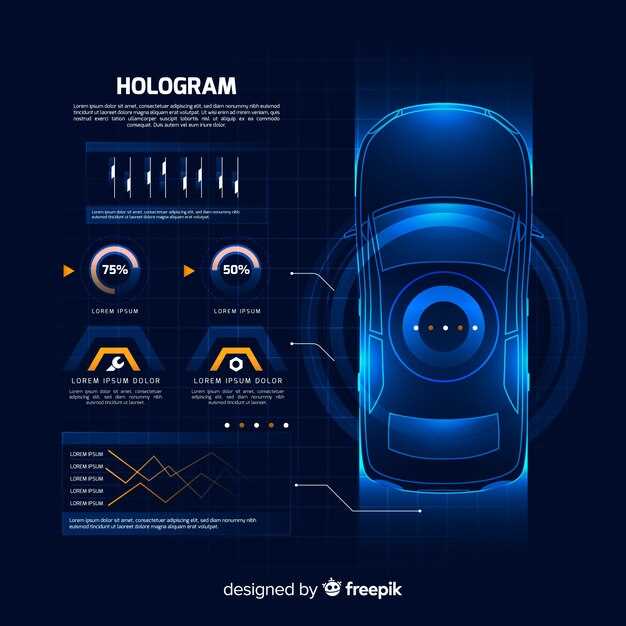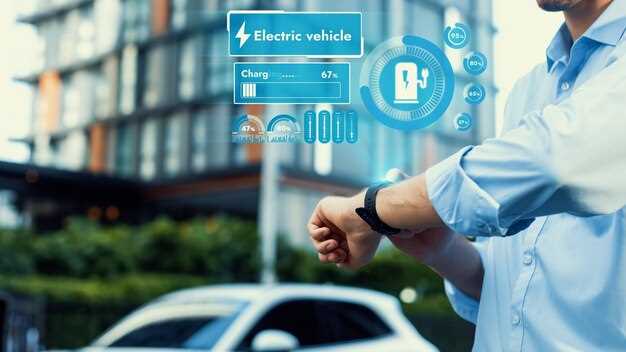
In today’s rapidly advancing technological landscape, the integration of biometric access innovations into car security systems marks a significant milestone in the automotive industry. The traditional methods of securing vehicles, such as conventional keys and locks, are increasingly being complemented or replaced by cutting-edge biometric solutions. These innovations not only enhance security but also streamline the user experience, making it more convenient than ever for car owners to access their vehicles.
The reliance on physical keys and locks poses certain vulnerabilities, including the risk of unauthorized access and the inconvenience of lost or stolen keys. Biometric access systems address these issues by utilizing unique personal identifiers, such as fingerprints, facial recognition, or iris scans, to ensure that only authorized users can unlock their cars. This shift towards biometrics signifies a profound transformation in how we think about vehicle security, emphasizing the importance of personal identification over traditional methods.
As we delve deeper into the realm of biometric access innovations, we’ll explore various technologies that are revolutionizing car security systems. We will examine their effectiveness, user acceptance, and the potential challenges that lie ahead in making these systems commonplace in the automotive sector. The future of car security is not just about protecting the vehicle but also about creating a seamless and secure experience for every driver.
Understanding Biometric Keys and Their Role in Modern Vehicle Security

In the realm of vehicle security, biometric keys represent a significant advancement in protecting cars from unauthorized access. Unlike traditional keys or key fobs, biometric systems use unique personal traits such as fingerprints, facial recognition, or iris patterns to unlock vehicles. This innovation not only enhances security but also offers convenience for users.
The primary advantage of a biometric system is its ability to ensure that only authorized individuals can access the car. Because biometric features are inherently unique to each person, they make it incredibly difficult for thieves to bypass the system. For instance, a car equipped with a fingerprint scanner won’t open unless it recognizes a registered fingerprint, effectively locking out unauthorized users.
Furthermore, the integration of biometric technology with modern car systems enhances overall operational efficiency. Users can unlock and start their vehicles without fumbling for keys, leading to a seamless experience. This ease of access comes with the added benefit of advanced anti-theft features, as biometric data can often be paired with GPS tracking systems to alert owners if their vehicles are tampered with or stolen.
However, implementing biometric systems also raises concerns regarding privacy and data security. It is critical for manufacturers to ensure that biometric data is stored securely and that users understand how their information is being utilized. Proper encryption and adherence to data protection regulations are essential to maintain user trust and prevent potential data breaches.
As the automotive industry continues to evolve, the role of biometric keys in enhancing car security will likely expand. With advancements in technology and increased awareness of security issues, the integration of biometric solutions will become a standard, ensuring a safer and more user-friendly driving experience.
How Biometric Lock Systems Enhance Protection Against Theft

Biometric lock systems represent a significant advancement in car security, providing enhanced protection against theft. These systems utilize unique biological traits, like fingerprints or facial recognition, making unauthorized access nearly impossible.
With traditional lock mechanisms, thieves can exploit weaknesses through techniques such as lock picking or key duplication. However, biometric systems eliminate these vulnerabilities by relying on individual characteristics that cannot be easily replicated or stolen. For instance, a fingerprint scanner only grants access to registered users, ensuring that only the car owner or authorized individuals can unlock the vehicle.
Moreover, the integration of biometric technology into car security offers real-time authentication. This means that as soon as an individual attempts to unlock the car, their biometric data is analyzed instantly. If the system does not recognize the fingerprint or facial pattern, the lock remains secure, preventing potential theft even before it occurs.
Additionally, many modern biometric systems come equipped with alarm features that activate upon unauthorized access attempts. This added layer of security deters thieves, as the likelihood of drawing attention increases significantly, making it less appealing to target vehicles with advanced biometric locks.
In conclusion, biometric lock systems significantly enhance car security. By relying on unique personal traits, they provide superior protection against theft compared to traditional locking mechanisms. As car manufacturers increasingly adopt these technologies, vehicle owners can enjoy peace of mind knowing their cars are safeguarded by cutting-edge security solutions.
The Future of Biometric Technology in Automotive Access Control
As the automotive industry evolves, biometric technology is emerging as a transformative force in vehicle access control. The integration of biometric systems offers a robust solution for enhancing security while improving user convenience.
Biometric access systems utilize unique physical characteristics such as fingerprints, facial recognition, and retinal scans. This technology eliminates traditional keys and enhances security by ensuring that only authorized users can access the vehicle.
The future of biometric technology in automotive access control can be characterized by several key trends:
- Increased Security: Biometric authentication provides a multidimensional approach to security. Unlike traditional keys, which can be lost or duplicated, biometric data is unique to each individual.
- Seamless User Experience: The elimination of keys streamlines the process of entering a vehicle. Users can unlock and start their cars simply through biometrics, making it more convenient.
- Integration with Smart Technologies: Future vehicles are expected to incorporate biometric access with other smart technologies, such as smartphones and IoT devices, allowing for remote access and personalized settings.
- Adaptive Learning: Advanced biometric systems will likely incorporate machine learning algorithms to adapt and recognize users over time, enhancing the accuracy of authentication.
- Enhanced Privacy Measures: As concerns about data security grow, automakers will focus on developing biometric systems that prioritize user privacy and data protection.
In summary, the future of biometric technology in automotive access control looks promising. As this technology continues to advance, it will not only revolutionize how we access cars but also set new standards for security and convenience in the automotive industry.




